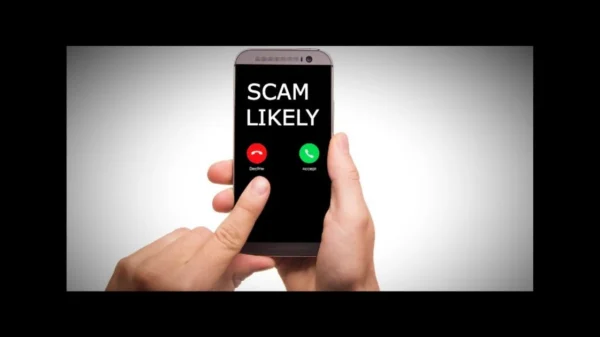On Thursday, Florida Attorney General Ashley Moody issued a Consumer Alert about over-the-counter hearing aids now being sold directly to consumers.
In 2017, Congress directed the U.S. Food and Drug Administration (FDA) to establish regulations creating and regulating a new class of over-the-counter hearing aids. The FDA recently finalized regulations allowing over-the-counter hearing aids.
With the new regulations, there may be some confusion surrounding the different types of hearing-aid products which include over-the-counter hearing aids, medically prescribed hearing aids that are fitted by an audiologist or doctor and personal sound amplification products. With the new rule, some consumers are not aware of the difference in uses and in returns and refunds with the over-the-counter hearing aids versus more traditional products.
“Before purchasing, consumers should do their homework regarding what type of hearing aid is right for them. Over-the-counter hearing aids offer convenience and may be cheaper, but the ability to exchange or obtain a refund is incredibly important for these products. Consumers need to remember that if a deal seems too good to be true, be cautious. It is very important with over-the-counter hearing aids to review a product’s return-and-refund policies before purchase,” said Moody.
The hearing aids that audiologists or doctors prescribe and fit are considered prescription hearing aids—meaning that they require a professional to determine the need for and optimal settings of the hearing aid. Typically, a hearing test is administered, and the audiologist or doctor prescribes a treatment plan. If the treatment plan includes a hearing aid, the audiologist or doctor fits and optimizes the hearing-aid device.
Over-the-counter hearing aids are devices that amplify sound and can be purchased without professional support or a hearing test. They are for adults who suffer or perceive that they are suffering mild to moderate loss of hearing. The FDA states that a person with mild hearing loss may have difficulty hearing some speech sounds but not others. The FDA indicates that a person with moderate hearing loss may have increased difficulty hearing some speech sounds, even in a quiet room with someone talking at a normal level.
Personal sound amplification products are not alternatives to hearing aids. Personal sound amplification products have different intended uses than hearing aids. Hearing aids are intended to make up for impaired hearing. Personal sound amplification products are intended for people with normal hearing to amplify sounds in certain situations, such as recreational activities like birdwatching or hunting. Personal sound amplification products are regulated as consumer electronics and not medical devices, they may be more variable in terms of product quality compared to hearing aids.
Moody offered these tips for consumers considering over-the-counter hearing aids:
Be evaluated by a medical professional for optimal hearing product choice. Even if a consumer does not intend to purchase or is not interested in traditional hearing aids, it may be beneficial to have a professional screen for underlying conditions that may be contributing to hearing loss. Medical professionals can also advise about proper hearing aid usage and any associated risks.
Some professionals may have recommendations for trustworthy suppliers for over-the-counter devices.
Compare the price and terms of multiple over-the-counter products from multiple sellers. When reviewing terms, be wary of complex return policies, warranties or policies that do not allow for several weeks of testing. Double-check for hidden return fees.
Understand the level of customer service available with the purchase of a product and whether that customer service is offered in a store, over the phone, or online. If a consumer requires a higher level of assistance, it may be worthwhile to consider whether traditional hearing aids better suit the consumer’s needs.
If a consumer has hearing loss, a personal sound amplification device is likely not a good option. Those products often are less expensive but can further impair hearing if used as a hearing aid.
Know that positive reviews on websites can be fabricated. Check the Better Business Bureau’s website to see if the seller has a good rating and whether consumers have submitted complaints against the company.
Finally, if a deal seems too good to be true, be cautious and be sure to read the terms of sale.
Anyone who encounters a hearing aid scam, or any other type of fraud, can file a complaint with the Florida Attorney General’s Office online at MyFloridaLegal.com or by calling 1(866) 9NO-SCAM.





















